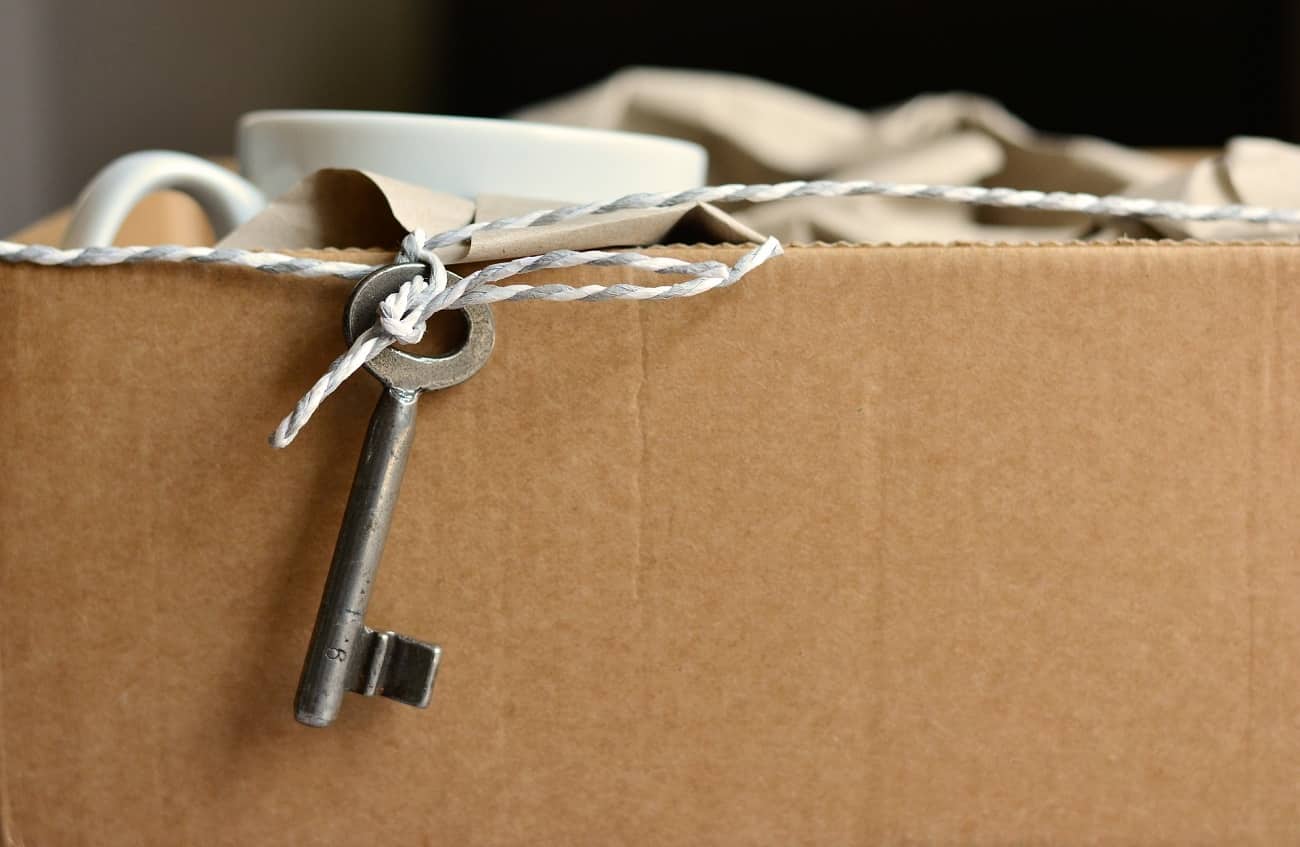Need a Mover?
Just fill out a short form.
Get free quotes from certified moving companies.
You are just a click away from saving up to 70% on your move!
Get Your FreeQuotes

Local moves might be as simple as a quick address change with the postal service and the motor vehicle department. Long distance moves, on the other hand, have a lot of logistics to consider. In addition to the actual packing and moving of your household, you have to remember to include all the little details.
Taking care of things behind the scenes is crucial. If you add them to your moving plan from the beginning, it will be easy to make sure that nothing gets left out or forgotten. As with all cross-country moves, you need to start planning early to make sure you have time to take care of everything. Here are some important things to keep in mind when it comes to the logistics of your move across the country.
Insurance 101
You absolutely have to purchase moving insurance of some kind if you are moving all the way across the country. Not only does this protect you from damages that might happen while movers are loading or unloading your belongings, but it can provide peace of mind in other ways.
Most moving companies will include limited insurance policies in their services. If you’re doing a self-move, the same goes for rental trucks and trailers. They will typically allow you to purchase a policy that offers limited protection as a part of their services. However, this might not be enough insurance for your belongings, or it might not cover all the areas that you have in mind.
The solution? Sit down with your insurance agent before you move. Look at your existing home and auto insurance policies to see what is covered in terms of the moving process. Some people have moving coverage already included in their home or renter’s insurance and might not even realize it. The goal here is to make sure that you have enough insurance coverage to protect you from any number of things that could go wrong during a cross-country move.
Address Changes
As part of your moving plan, take a minute to sit down and make a list of places you will need to submit an address change. The obvious places are the postal service and the department of motor vehicles. However, you will also have to change your address with credit card companies, banks, employers, insurance companies, and other places where you do business. Here’s a short checklist to get you started:
This is not an exhaustive list, but it should help spark your mind and get you moving on all the address changes you’ll have to submit. Feel free to add to the list or modify it to meet your needs.
What NOT to Pack
Speaking of your personal information, you should keep all of your paperwork, records, and other documents separate and accessible during your move. A long distance move can get hectic and the last thing you need is to spend the next six months looking for your teenager’s birth certificate so that you can get them licensed to drive after a big move.
Use a portable file or a file box to transport all of your important financial documents and personal information. Keep it with you at all times and transport it in your personal vehicle or by whatever means you use to travel to your new home.
DO NOT put sensitive documents and identifying information like bank account statements, check books, birth certificates, and others on a moving truck. Ever.
Items that should always stay with you during a move include:
Bonus tip: in addition to paperwork and documents, there are some other must-haves that should be at your side at all times. These include:
It’s not likely that anything will happen to your belongings during the moving process. However, a cross country move leaves a lot more room for potential accidents or loss, so it’s best not to leave it to chance.
How to Prepare
One of the best things you can do for yourself is to plan ahead. As soon as you find out that you’re moving, you should print or make your own checklist of address changes that need to be made. Keep it accessible, because it’s likely that you will continue to add to it as new things cross your mind. You can also prioritize the checklist. That way, the most important changes are done first and foremost
If you don’t change the address on your Wholesale Club membership or Tim Horton’s rewards card right away, it might not be a huge deal. If, however, you don’t change the address on your home or auto insurance, you could be in big trouble in the event that you need to file a claim. This is where priority comes into play, and why making a list (or printing one off) is crucial to a successful move in terms of changing your address.
Check out third-party moving services portals that provide assistance with cross country moves in Canada. In addition to connecting you with moving companies, these services can also provide information and links to important address changes and other resources to help with the logistics and details of moving across the country. Not only will this help you cover all of your bases, but it can save you a lot of time and effort.